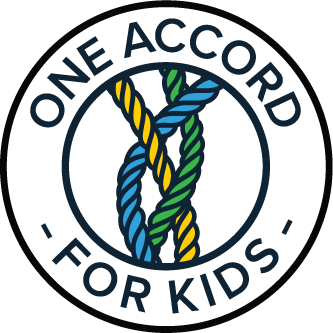Foster Care and Child Welfare Week in Review – October 16, 2023
Here are some news items from last week related to foster care, adoption, and child welfare that caught our eye:
The Texas foster care system is facing scrutiny after a tragic incident involving Mia Morales, a 16-year-old classified as a Child Without Placement (CWOP), who died in a car crash after running away from a state-housed hotel. Recent documents indicate that federal court monitors are investigating all state-approved placement facilities due to mislabeled abuse or neglect investigations. These monitors revealed “significant threats to children’s safety” in numerous inspections. Judge Janis Jack criticized the lack of required nighttime supervision and the commissioner’s lack of knowledge about investigation priorities. A shortage of suitable placements and the need for specialized therapies for children in CWOP are pressing issues. Local judges, including Judge Mary Lou Alvarez, emphasize the need for urgent improvements to the state’s foster care system.
A new Texas law aims to protect parents’ due process rights during child maltreatment investigations. Child protection staff must provide a written summary of the allegations, describe the investigative process, and inform parents of their rights, including the right to have an attorney present and the right to decline entry without a court order. Caseworkers are now required to give parents a Notification of Rights form that details their rights, and parents must sign it before any questions are asked during an investigation. Similar “Family Miranda” laws have emerged across the United States to provide due process during child welfare investigations.
This article delves into the practice of “intervention” in child welfare cases, where foster parents seek to adopt children under their care, often by contesting the rights of birth parents. The story highlights how attachment theory and claims of child trauma are used to justify these interventions, creating contentious legal battles. While some argue that intervenors aim to give children stable homes, critics believe it can interfere with efforts to reunify families and may not always serve the child’s best interests. The piece sheds light on this complex issue, illustrating the emotional and legal complexities involved in child welfare cases.
Sign up for our e-mail updates and social media feeds below to stay informed on challenges and opportunities in our local child welfare system.

